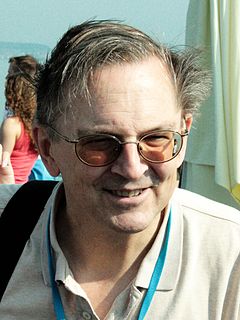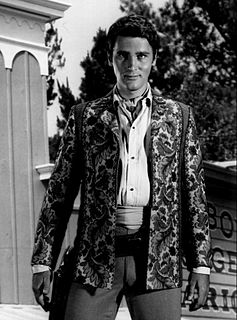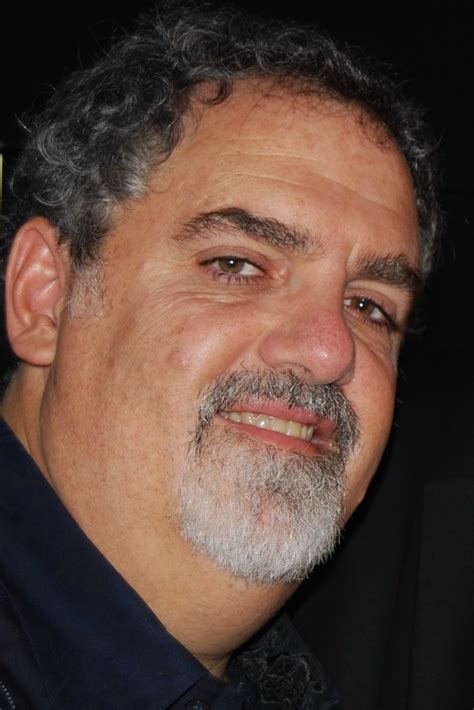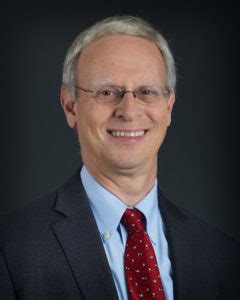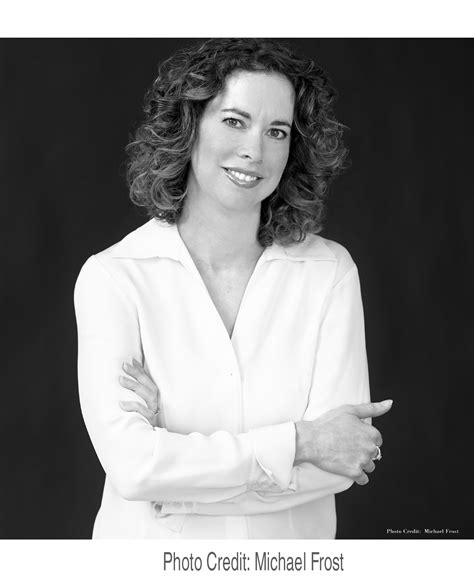A Quote by Jack W. Szostak
I have generally sought to work on questions that I thought were both interesting and approachable, yet not too widely appreciated. To struggle to make discoveries that would be made by others a short time later seems futile to me.
Related Quotes
At the time in our lives that we met, we had both made our mistakes. If chance would have had it that we would have met at an earlier stage, we might not have had the discoveries together that we did have and found those things in life together that were valuable to us at a later point in life when we were both more mature.
...It would be possible to make much more progress than has been made if the NCI knew its job better, knew how to make discoveries...The NCI really does not know how to make discoveries....So long as the NCI is not willing to follow up ideas that seem good to people who have had experience making discoveries, the work of the NCI is going to be pedestrian.
A source of permanent, accessible pleasure, our genitals exist. The god who created our misfortune, who made us short-lived, vain and cruel, has also provided this form of meagre compensation. If we couldn't have sex from time to time, what would life be? A futile struggle against joints that stiffen, caries that form. All of which, moreover, is as uninteresting as humanly possible - the collagen which makes muscles stiffen, the appearance of microbic cavities in the gums.
Bob Dylan may be the Charlie Chaplin of rock n' roll. Both men are regarded as geniuses by their entire audience. Both were proclaimed revolutionaries for their early work and subjected to exhaustive attack when later works were thought to be inferior. Both developed their art without so much as a nodding glance toward their peers.
I don’t think there’s any problem with advancing consciousness and becoming more and more aware of the struggle, not with the world, not to convince other people to do anything. The really interesting think is the struggle with the self, and the relation with the self, and there is no end to the improvement that can be done there, the discoveries that can be made.
When I had something I thought God was talking to me about, the first thing I did, before I ever talked to the congregation, was to sit down with the major influencers of the church and share with them what I thought God was speaking to me. I gave them time for input or questions. Many times they would ask questions and I would reply, "I need to spend more time on this. I'm not sure I'm thinking clearly there." Other times they added value and helped make this vision better or more accessible to the people.
A psychologist once asked a group of college students to jot down, in thirty seconds, the initials of the people they disliked. Some of the students taking the test could think of only one person. Others listed as many as fourteen. The interesting fact that came out of this bit of research was this: Those who disliked the largest number were themselves the most widely disliked. When we find ourselves continually disliking others, we ought to bring ourselves up short and ask ourselves the question: "What is wrong with me."
At the age of twelve I had an attitude toward life that was to endure, that was to make me seek those areas of living that would keep it alive, that was to make me skeptical of everything while seeking everything, tolerant of all and yet critical. The spirit I had caught gave me insight into the suffering of others, made me gravitate toward those whose feelings were like my own, made me sit for hours while others told me of their lives, made me strangely tender and cruel, violent and peaceful.
Anything else you want to tell me?” I asked Valek as we stopped a few feet short of the castle’s south entrance. “Did Ari and Janco set me up for Nix’s attack? Do you have another test of loyalty for me up your sleeve? Maybe the next time, I’ll actually fail. A prospect that seems appealing!” I pushed away Valek’s supporting arm. “When you warned me that you would test me from time to time, I thought you meant spiking my food. But it seems there is more than one way to poison a person’s heart, and it doesn’t even require a meal.
When I first told people I was writing a book, some would say that was interesting, but others thought it was some holiday project and I would lose interest. I think my parents thought the same thing, and they were surprised when I kept going. I'm not sure I thought I would keep going, but then it became a big part of my life.
